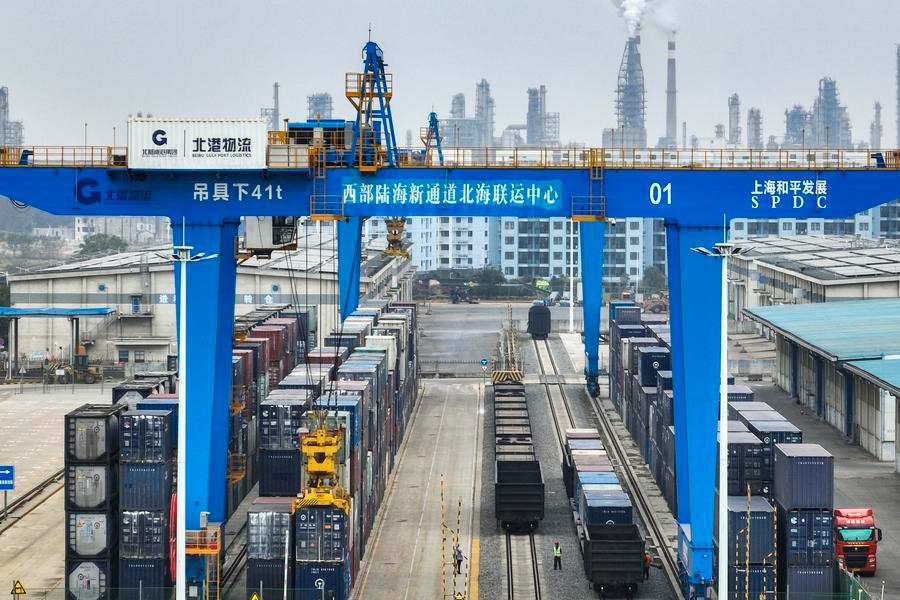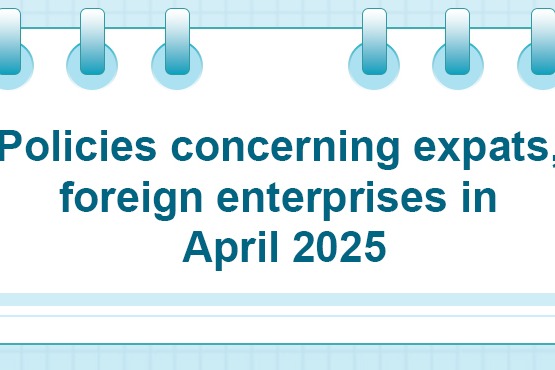China denounces US 'reciprocal tariffs' at WTO meeting

GENEVA -- China has refuted the accusations of "overcapacity" made by the United States and some other countries at a World Trade Organization (WTO) meeting and condemned US "reciprocal tariffs" and discriminatory subsidy policies for seriously undermining WTO rules.
Speaking at a meeting on Tuesday of the Committee on Subsidies and Countervailing Measures, the Chinese delegation pointed out that there is no universally recognized standard or methodology to define overcapacity.
The delegation highlighted that a WTO member's production can not only meet its own needs but also enable it to participate in global trade and market competition based on its comparative advantages.
For example, the United States exports large quantities of semiconductor chips, airplanes and soybeans, while Germany and Japan are both large automobile exporters.
The "overcapacity" narrative hyped up by the United States and some other members runs counter to the logic of economic globalization, instead revealing concerns over competition and market share. "Overcapacity" is a poor excuse to justify unilateral and protectionist measures, the Chinese delegation said.
The delegation emphasized that China's industrial development and competitive advantages are not the result of subsidies but rather of continuous technological innovation and coordinated development.
The delegation said that China attaches great importance to trade policy compliance. By consistently making its trade policies, including subsidy policies, in line with WTO rules and transparency requirements, China is firmly committed to the multilateral trading system.
The delegation pointed out that US "reciprocal tariffs" disrupt global trade and undermine the interests of developing members, adding that China stabilizes global trade and stands firmly on the side of other developing members.
The delegation noted that the reason why the United States repeatedly accuses and smears China on the issue of production capacity and portrays China as a "threat" is simple: Washington has always adhered to a "zero-sum" mindset and an "America First" policy, believing in no win-win results through international cooperation.
In addition, China sternly criticized the US CHIPS and Science Act and its "reciprocal tariffs" for distorting the global market and violating WTO rules. The delegation said that the US practices not only deviate from the objective laws of the market economy, but also seriously disrupt the order of international trade and investment.
The Chinese side also called on WTO members to step up cooperation, oppose US unilateral bullying, and jointly safeguard the rules-based multilateral trading system.




































